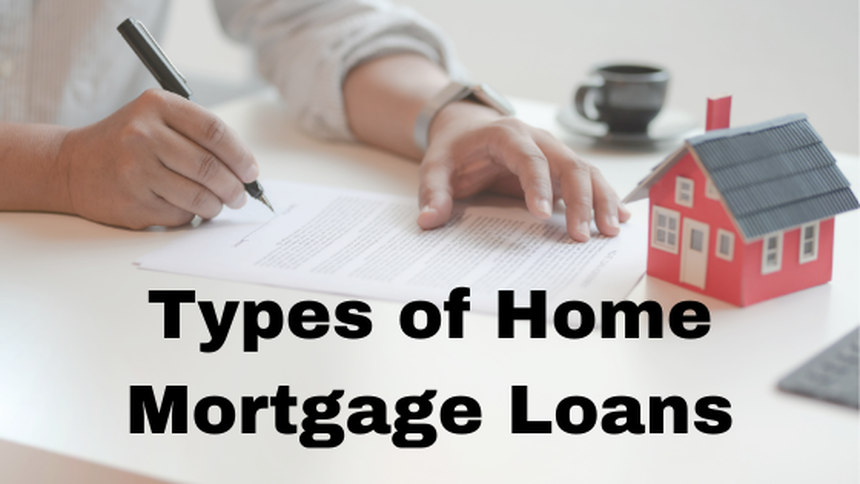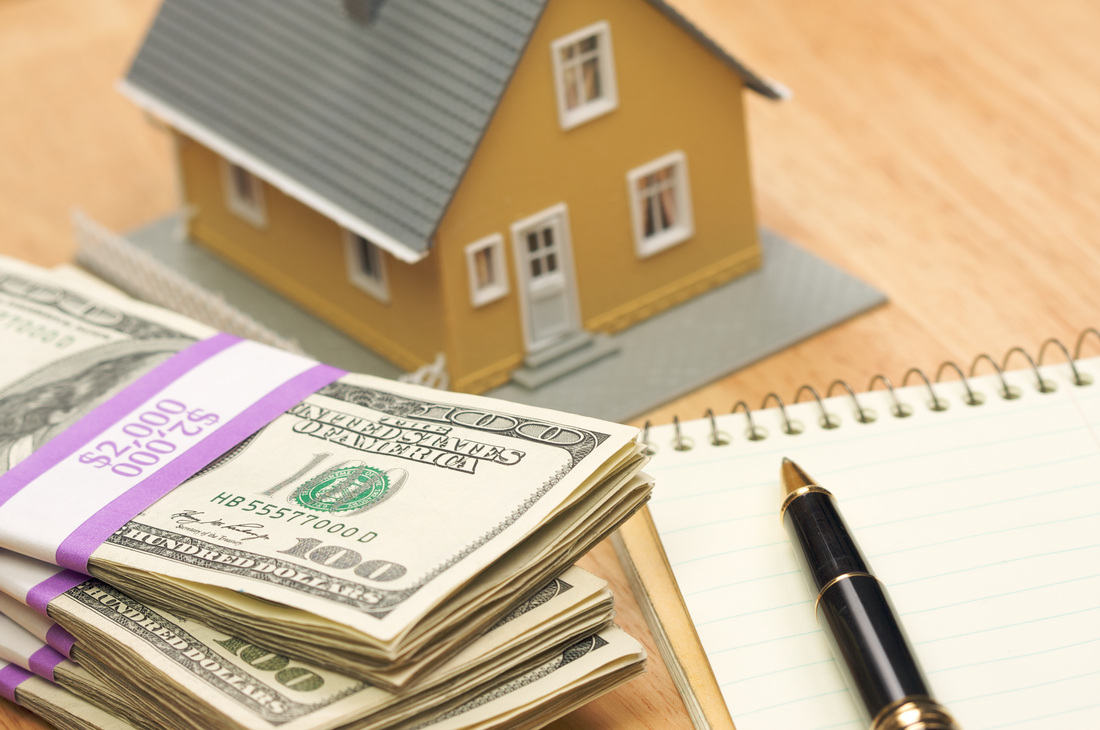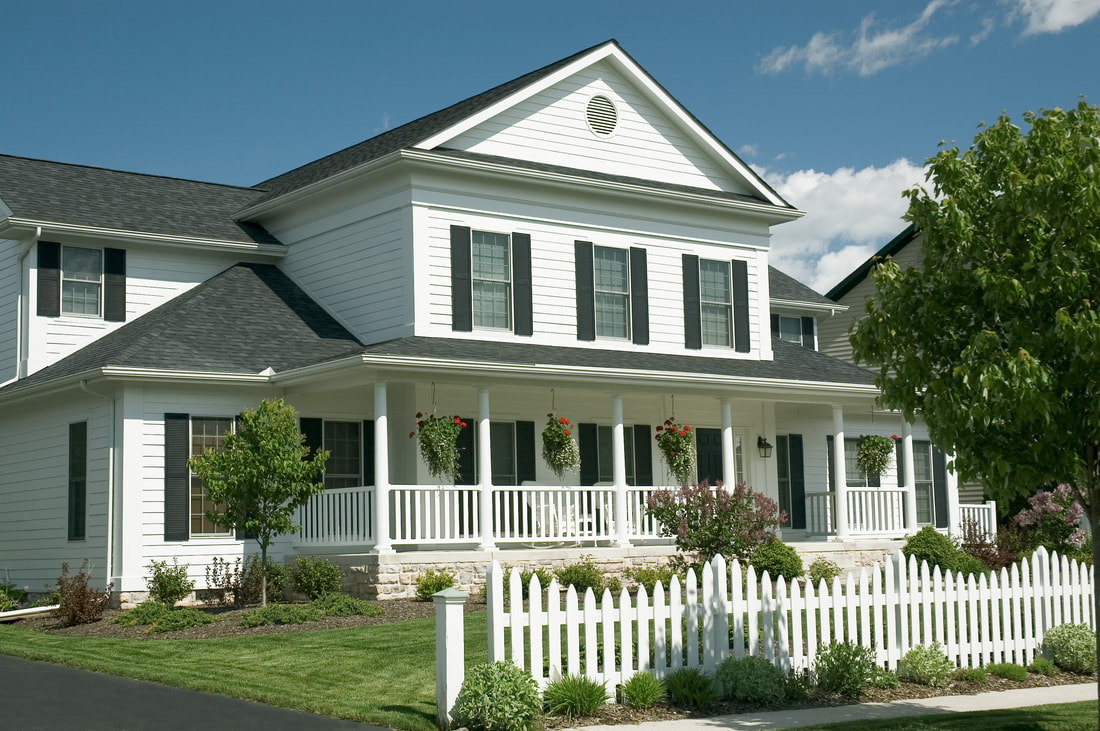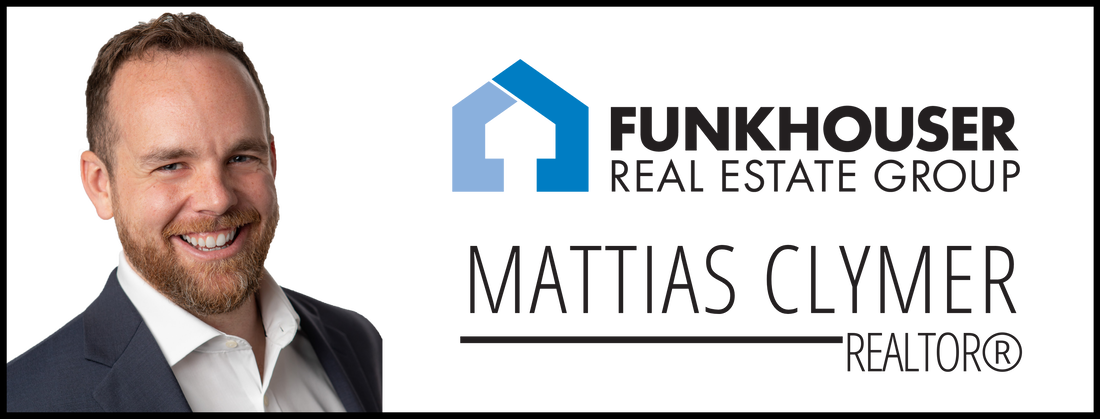|
A huge aspect of purchasing a home is finding the right mortgage loan for you. There are several different types of mortgages that each have their own advantages and disadvantages. You should always speak with a mortgage lender to review what your best options would be. Below is a brief outline of some of the most common loans you may want to consider. While reviewing mortgage loans might not seem exciting on the surface, just keep in mind that the right mortgage loan can help save you money and planning how to spend that extra money is definitely exciting.
Conventional Loans
These loans are most often conforming, meaning they stay within the federal limits set by Freddie Mac and Fannie Mae (government owned mortgage purchasers). In the Shenandoah Valley the cap is $510,400. With these loans, if you put down less than 20% of the purchase price for the home, you will pay a Private Mortgage Insurance premium each month until you reach 20% equity in your home.
Fixed Rate Loans
This is the most common mortgage loan, making up 75% of all home loans. These loans come in 15, 20 and 30 year terms. While the 30 year term is the most popular, the 15 year term will build equity faster, in part due to a lower interest rate. The interest rate stays fixed so the monthly payments remain the same for the duration of the loan; this is great for budgeting and there are no surprises down the road if you plan to stay in your house for several years. The down-side is that you could end up paying more in interest than you would with a different kind of loan.
Adjustable Rate Mortgage Loans
With ARM loans, there is an introductory period when the interest rate is fixed (one month to 10 years) after which the loan interest rate can fluctuate according to the index they are tied to. ARM loans can be attractive to buyers who don’t plan to stay in their house long-term because their initial rates are typically lower than the fixed rate loans but they come with the risk of a much higher interest rate after the fixed period.
Government Agency Backed Loans
Unlike conventional loans, these loans have more restrictions; investment properties and second homes are typically not eligible. However, these loans offer a much lower down payment and typically lower interest rates.
VHDA Loans
Virginia Housing Development Authority offers a variety of loans designed to meet the needs of Virginia's homebuyers, including Conventional 30 Year Fixed (Fannie Mae No MI, Fannie Mae Reduced MI), plus FHA, VA (Veterans Affairs), and RHS (Rural Housing Services) loans which are listed below. VHDA also offers a down payment assistance grant, closing cost assistance, and mortgage credit certificates. Something to keep in mind is that most VHDA loans are only for first time homebuyers and there is a maximum income and loan limit by region.
FHA Loans
Federal Housing Administration Loans come in 15 or 30 year fixed rates and offer a low down payment requirement (can be as low as 3.5%), plus the ability to use a financial gift or inheritance for the down payment. Lower credit score and debt-to-ratio requirements are also advantages to FHA loans, particularly for first time homebuyers. The biggest drawback is that FHA borrowers must pay an upfront mortgage insurance fee of 1.75% of the total loan amount, as well as a monthly premium regardless of down payment size.
USDA/ RHS Loans
United States Department of Agriculture offers Rural Housing Service Loans. They can be a good option if you wish to purchase a single family home that is located in an eligible, rural area. This loan offers a no down payment option and tends to have lower interest rates than a conventional mortgage. The disadvantages to USDA loans are that you will have to pay mortgage insurance premiums and there is an income limit (for Harrisonburg Metro area- not the city itself, which is not eligible- this is $86,850 for a 4 person or less household) as well as a loan limit ($265,400 for Rockingham County).
VA Loans
If you've served in the United States military, you may qualify for a Veterans Affairs loan. A VA loan doesn’t require a down payment and there are no mortgage insurance requirements. There is also no minimum credit score requirement and interest rates tend to be lower. Because these loans come with so many benefits, there are a few restrictions; the property in question must be your primary residence, and it must meet “minimum property requirements" (not a fixer upper) which can prolong the appraisal process. There is also a funding fee associated with the loan.
There are several other, lesser-known mortgage loans (such as Balloon, Bridge, Jumbo, Interest-Only, Rental Property, etc) that may warrant some additional research as you determine the best loan for your situation. While one mortgage type may work for your friend or relative, it may not be the best fit for you which is why you should work with your lender and review the terms of any loan carefully.
Sources:
https://www.consumerfinance.gov/consumer-tools/mortgages/answers/basics/ https://www.fmbankva.com/fixed-rate-loans/#tab-id-1 https://www.mortgagecalculator.org/helpful-advice/types-of-mortgages.php https://www.bankrate.com/finance/mortgages/5-basic-types-of-mortgage-loans-1.aspx https://www.realtor.com/advice/finance/types-of-mortgages/ https://www.vhda.com/Homebuyers/VHDAHomeLoans/Pages/VHDAHomeLoans.aspx https://www.rd.usda.gov/files/RD-GRHLimitMap.pdf https://www.bankrate.com/finance/mortgages/virginia-jumbo-loan-limits-by-county.aspx https://www.fhfa.gov/DataTools/Downloads/Documents/Conforming-Loan-Limits/FullCountyLoanLimitList2020_HERA-BASED_FINAL_FLAT.pdf https://www.investopedia.com/terms/r/rhsloan.asp
29 Comments
Fannie Mae and Freddie Mac support mortgages with as little as 3% down. This is a significant drop from their previously supported 5% minimum down payment. This will help low income and first time home owners be able buy a home. However, borrowers will still need to be required to meet strict criteria to qualify for the this type of mortgage. To qualify, buyers will need to have a minimum credit score of 620, offer detailed information on employment and assets, and attend home ownership counseling. Further good news to buyers potentially interested in this type of loan, private mortgage insurance (PMI) will drop after the mortgage balance is less than 80%. In contrast, FHA loans require a minimum of 3.5% down and the PMI remains active for the life of the loan. Ask your mortgage broker to see if you can qualify for this program. If you want recommendations, contact me bellow. Finding extra money each month can be difficult. It may seem that when you are able to put money into your savings account one month, you end up needing it the next month. So, how can you go about saving for a new house? Here are some tips that could help make the process easier. Budget Sure, this seems obvious but this can be the best tool to help you save! Budget for every dollar you earn in a month and set an achievable savings goal. Then, just track the amount you spend to make sure you don't go over budget. If you stick to your budget, you will be able to put money away. I find that even if unexpected things come up or you don't stick to the budget perfectly, you will still save a lot more if you are trying to adhere to a budget. Saving For Your First House? If you are saving for your first house, I would recommend opening a money market account with an institution such as Vanguard. What you want to look for is an account that gives the best returns with the least amount of fees. Money market accounts won't give you amazing returns but they will give you more than most savings accounts. Also, if you want to take money out of your account, it can often take 2 days to post into your personal account. This can be helpful for savings as it may not feel as accessible. It my also be helpful to figure out how much you will need to save. Let me know if you have questions. Plan on Selling a House to Buy the New One? If you already own a house and you are planning on selling it to buy another house, first check with me to see what the house would be worth in today's market. The lack of inventory has made housing prices go up over the past year. You may find that you are in a better position than you thought. If you still need to save money, try paying off the mortgage as a form of savings. By doing this, you are guaranteed to save(gain) your interest rate. This is likely better than any other savings account or money market account you can find. Furthermore, the more you pay off of a mortgage, the more your monthly payment goes towards principal instead of interest. |
Categories
All
|

Email - Click Here
Phone - 540-246-9067 Website - www.mattiasclymer.com Schedule a Meeting, Download Contact Card, Etc... |
Funkhouser Real Estate Group | 401 University Boulevard, Harrisonburg, VA 22801 | 540-434-2400 | ©2021 | Privacy Policy | All rights reserved.
Licensed in the Commonwealth of Virginia



 RSS Feed
RSS Feed
